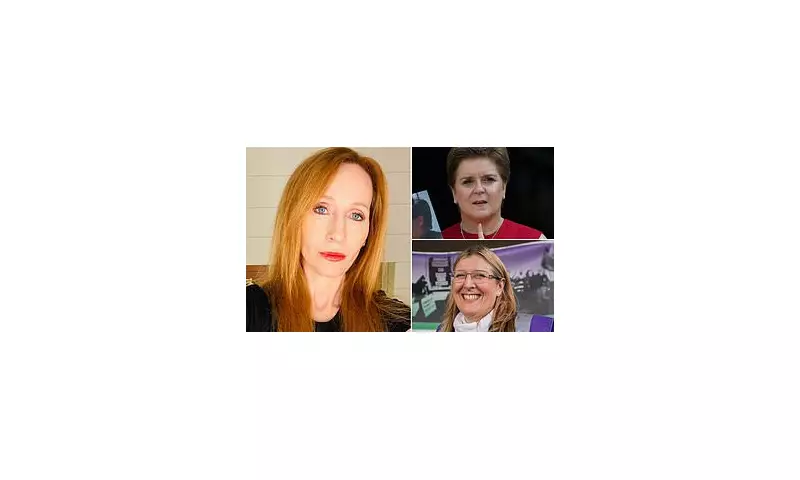
In a dramatic escalation of their ongoing war of words, former Scottish First Minister Nicola Sturgeon has launched a blistering attack on bestselling author JK Rowling, accusing her of becoming dangerously fixated on the transgender rights debate.
The political heavyweight claimed the Harry Potter creator has developed what she described as an "obsession" with the contentious issue, suggesting it has come to dominate Rowling's public platform and social media presence.
Clash of Scottish Titans
This latest confrontation marks a significant deterioration in relations between two of Scotland's most prominent figures. Sturgeon, who championed gender reform legislation during her time in office, directly challenged Rowling's persistent criticism of the Scottish Government's approach to transgender rights.
The author has been an outspoken critic of proposed changes to gender recognition laws, frequently using her substantial social media following to voice concerns about the potential impact on women's rights and single-sex spaces.
Sturgeon's Stinging Rebuke
During the exchange, the former SNP leader didn't hold back in her assessment of Rowling's campaigning focus. "There appears to be a singular focus that has consumed much of her public commentary in recent years," Sturgeon remarked, in comments that are likely to further inflame tensions between the two camps.
The criticism comes amid ongoing controversy surrounding Scotland's Gender Recognition Reform Bill, which was passed by the Scottish Parliament but subsequently blocked by the UK government using Section 35 powers.
Broader Implications for Scottish Politics
This very public spat highlights the deep divisions within Scottish society over gender recognition reforms and women's rights. The confrontation between a former political leader and one of the world's most famous authors underscores how the debate has transcended traditional political boundaries.
The timing is particularly sensitive for Sturgeon, who remains a influential figure within the SNP despite stepping down as First Minister last year. Her comments are being seen as both a defence of her government's legacy and a direct challenge to one of her most high-profile critics.
As both women command significant public support and media attention, this clash is likely to reignite debate across the political spectrum and among the general public about the future direction of gender recognition policy in Scotland and beyond.






